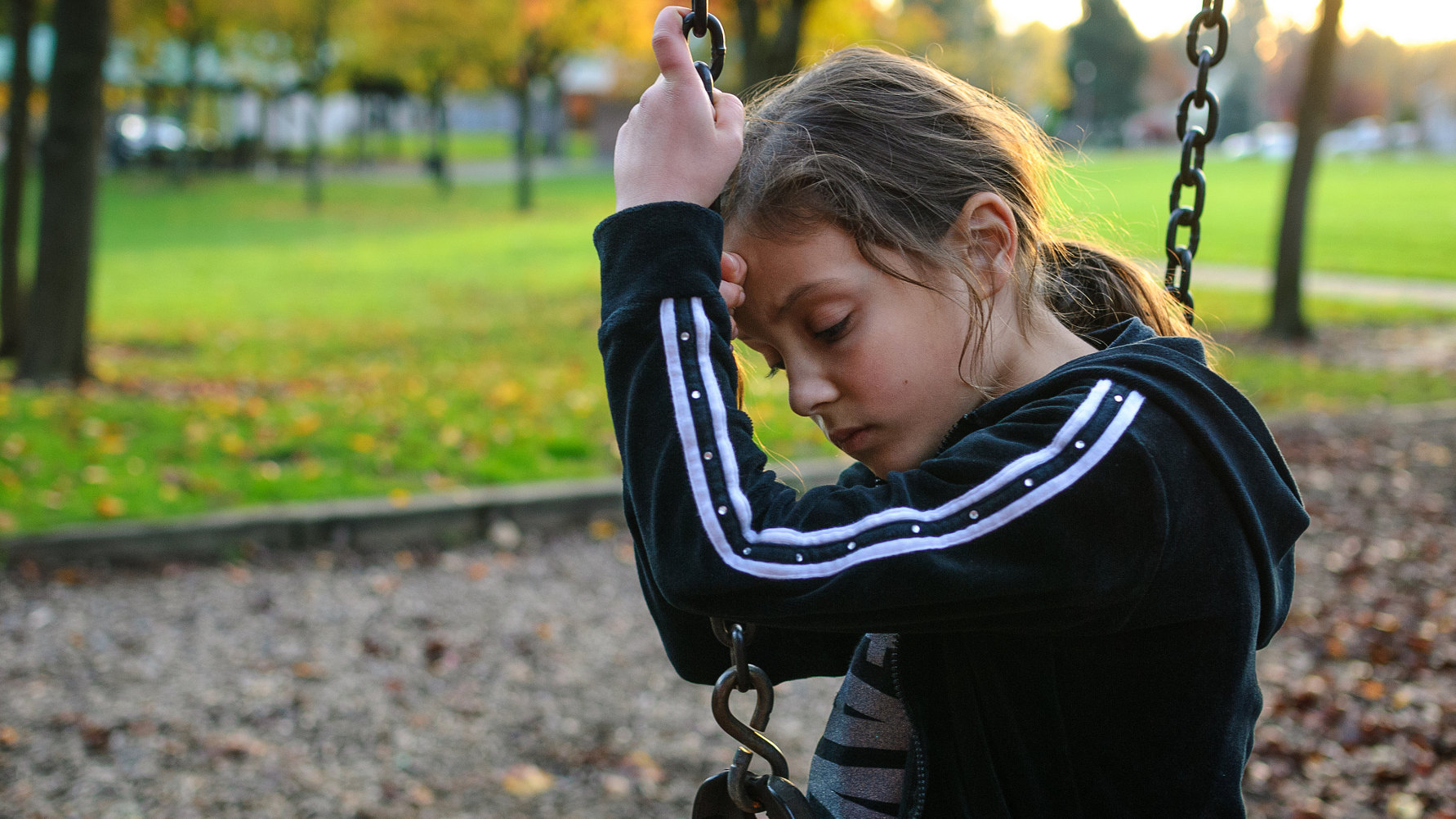Surprising Science
All Stories
Hide this study from your parents. Recent research suggests that the connection between video games and enhancing cognitive abilities is “weak to nonexistent.”
A new study suggests people who play wind instruments possess an advantage over the rest of the population in avoiding obstructive sleep apnea.
How a liberal community recently voted for reason over emotion and values-based decision-making on two hot-button environmental issues.
In the United States, the FDA has the power to fine drug companies $10,000 a day for failing to publish clinical trials, yet most clinical trials still never see the light of day.
Researchers have found that gazing into your pooch’s eyes can raise both the pet’s and owner’s levels of oxytocin — otherwise known as a social-bonding hormone.
Food-journaling apps are a great way to log your eating habits, but so many people stop using them in the first week. Why? Divided social support and calorie counters that favor fast food over a home-cooked meal.
The ability to send an emotion — a feeling — to someone a world away may not be a thing of the future anymore. Researchers have found they can stimulate different emotions by blowing air onto certain parts of your hand.
An innovative shoe that adjusts and expands protects kids from soil-transmitted diseases.
Does God give believers a mental health boost? Two psychologists argue that it’s just not so — atheists are just as emotionally stable as those with religion.
Students may need to sleep on a lesson before they are able to fully comprehend and apply the new information they’ve learned.
Marathon runners tend to forget how painful their experience was months after the race, provided that they had positive feelings toward the accomplishment.
Reason is larger than science. And much can be logically true without seeking “the numbers.” Too many now forget that mathematics is a subset of logic. Here’s how logic dictates we need the humanities…
As open-ended questions and situations require innovative problem-solving strategies, a little bit of ambiguity can make for a more thoughtful workplace.
The amount of carbon dioxide in the atmosphere has grown so great that limiting emissions is not enough to curb climate change. That’s why scientists are seeking new technologies for pulling carbon dioxide already in the atmosphere out of it.
Having greater intelligence can actually make you a more foolish person because intelligence breeds hubris, according to sociologists who study how intelligent people make life decisions.
After sticking with a healthy regimen, you may think a cheat week might not do any harm after all the good months you’ve racked up. Nope.
Eating more protein-rich foods can help balance a diet of carbs — to a point. Researchers reveal their findings after a long-term study, observing people’s eating behaviors and how it affects their weight.
Just looking at a sick person will set your immune system into overdrive — no Airborne necessary.
Researchers have found apples and green tea hold a chemical compound that may help block the signaling of certain processes involved in caner progression.
Popping a Tylenol may do more than just alleviate that headache you’ve been suffering through; it may also be a potent solution for numbing emotions.
A new study out of the UK determined that an inclination to vote for certain parties has as much to do with nature as it does nurture.
When presented with our own mortality, we become more giving, and happier as a result.
Recent reports about radiation from the Fukushima nuclear disaster in ocean water off Canada reported the risk responsibly. At low doses, the risk is infinitesimal. More news coverage of radiation needs to say so.
When uncertainty strikes, we often fall back on superstition and lucky trinkets to help us succeed. But when we reframe these situations as opportunities for learning, we stop relying on luck and start improving ourselves.
The World Health Organization warns that Ebola survivors are more susceptible to various health issues related to vision, joints, and fatigue.
Originating from kanuka flowers and processed naturally by bees, the resulting product has powerful antiseptic properties that have been brought to bear against the stubborn skin condition rosacea.
Researchers now believe a sudden spike in atmospheric carbon dioxide 252 million years ago led to abnormally acidic ocean conditions, which in turn killed nearly all of Earth’s marine species.
Researchers report that comparing your life to your friends’ lives, paired with a lot of time spent on Facebook, leads you to feel depressed.
There are some weak arguments against marriage equality. Then there’s this one.
How does the brain justify an act of violence? Researchers dive into how our minds differentiate between a justified and unjustified act.





























